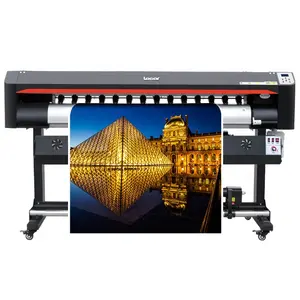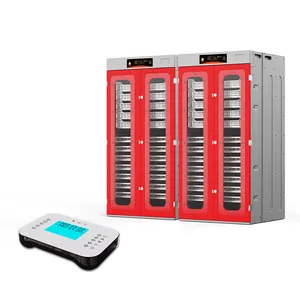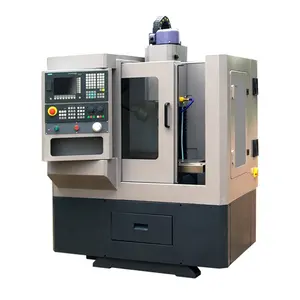Popular in your industry







































































Top categories
About lead ball machine
A lead ball machine, also known as a ball lead screw CNC, is an essential component in various machines and equipment, providing precise linear motion control. A lead ball machine typically comprises a CNC lead screw, which is a threaded rod that translates rotary motion into linear motion, and a ball nut, which is a housing that contains recirculating ball bearings that engage with the screw's threads. This interaction between the CNC lead screw and the ball nut allows for smooth and accurate movement in machinery, making it crucial for applications where precise positioning and repeatability are paramount.
Types of lead ball machines
There are several types of lead ball machines, each designed for specific applications and performance requirements. One common type is the bridgeport lead screw assembly, which is often used in milling machines to control the vertical movement of the spindle. Another type is the worm gear lead screw, which features a lead screw with a helical gear (worm) that engages with a larger gear (worm gear) to provide high torque and self-locking capabilities. Additionally, the CNC router lead screw is popular in CNC routers for its precision and efficiency in moving the cutting tool along the X, Y, and Z axes. These different types of lead ball machines cater to various industries, including manufacturing, automation, aerospace, and more, showcasing their versatility in diverse applications.
Applications of lead ball machines
The applications of lead ball machines are widespread, contributing to the efficiency and precision of various industrial processes. In the manufacturing sector, lead ball machines are instrumental in CNC machining centers, lathes, and grinding machines, where they enable accurate tool positioning and intricate part production. The automation industry utilizes lead ball machines in robotic arms and automated manufacturing systems to achieve seamless and repeatable motion control. In the aerospace sector, lead ball machines play a crucial role in aircraft components' manufacturing and the precise movement of aerospace equipment.
Lead ball machines are also prevalent in the medical field, powering diagnostic equipment, robotic surgery systems, and advanced imaging devices. Additionally, applications in the semiconductor industry showcase the importance of lead ball machines in the production of microchips and electronic components. Furthermore, they are used in the textile industry for precise yarn tension control in weaving and knitting machines. In the realm of scientific research, lead ball machines are incorporated in laboratory equipment, telescopes, and precision instruments to facilitate accurate measurements and controlled movements.
Advantages of lead ball machines
The advantages of lead ball machines lie in their ability to deliver unparalleled precision, smooth motion, and high efficiency in various industrial and technological applications. Their precision allows for accurate positioning, making them ideal for industries where tight tolerances are critical. The smooth motion provided by lead ball machines ensures consistent and jerk-free movement, contributing to improved product quality and reduced wear on machine components.
Lead ball machines offer high efficiency by converting rotary motion into linear motion with minimal friction, resulting in energy savings and extended machine longevity. Furthermore, their self-locking capabilities, as seen in worm gear lead screws, enhance safety and stability in applications where holding position is essential. The integration of lead ball machines in automated systems leads to increased productivity, reduced downtime, and enhanced overall performance, making them indispensable in modern industrial automation.






















